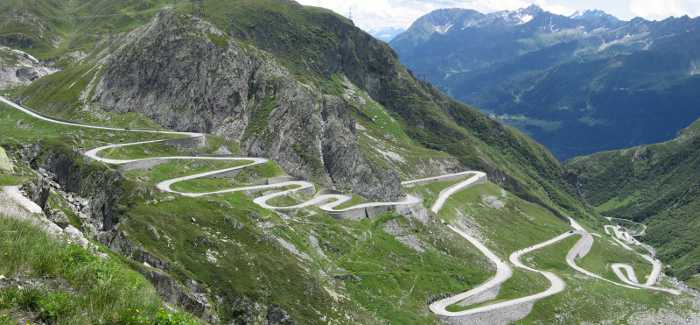FWP:
SETS
ROAD: {10,12}
SOUND EFFECTS: {26,7}
WINE: {49,1}
This apparently prosy little verse invites speculation:
=Is the speaker doing the traversing in a state of intoxication, or merely in a manner that evokes or imitates that of intoxication? (Is he drunk, or just imitating drunkenness?)
=Since a 'road' and a 'valley' or 'channel' [vādī] are linear, would walking along them 'intoxicated(ly)' really cause one to lose one's way so irrevocably? Or is the speaker deluding himself?
=Since his goal is that no thought of returning 'would remain' [rahe], is he actually still struggling with a desire to return?
=Is he walking intoxicated(ly) not along a real road, but only along the metaphorical road of the valley of thought, so that his thought will be impaired, and he won't be able even to form a coherent claim or intention or meaning [muddaʿā] about returning?
It's not surprising that the subtleties accumulate, when a wild card like 'thought' is invoked. Don't forget the ominous shufflings of the 'card-player of Thought' in {81,2}.
In addition, we can admire the unobtrusively clever affinity and sound effects between rah-e in the first line, and rahe in the second. Though the former is about traveling, and the latter about remaining, the two are only very subtly distinguishable in pronunciation.

Nazm:
That is, I want to be so immersed in my thought that I would never be able to emerge again. From Mir Muhammad Husain Sahib Azad we learn that karūñ hūñ and marūñ hūñ have for some time been considered contrary to eloquence even in Delhi. [There follows an extremely long discussion of Delhi and Lucknow usages and archaisms.] (158)
== Nazm page 158; Nazm page 159; Nazm page 160; Nazm page 161